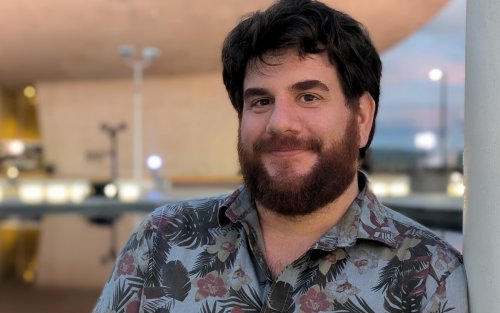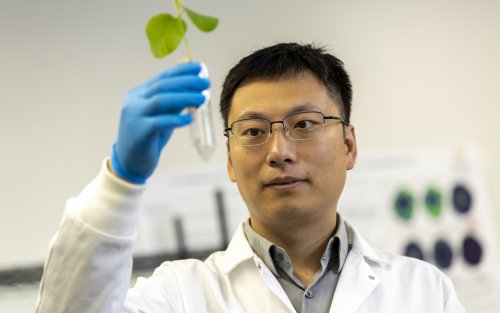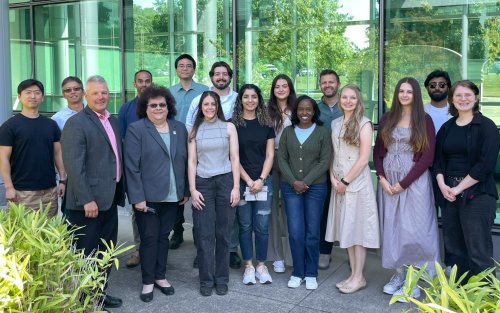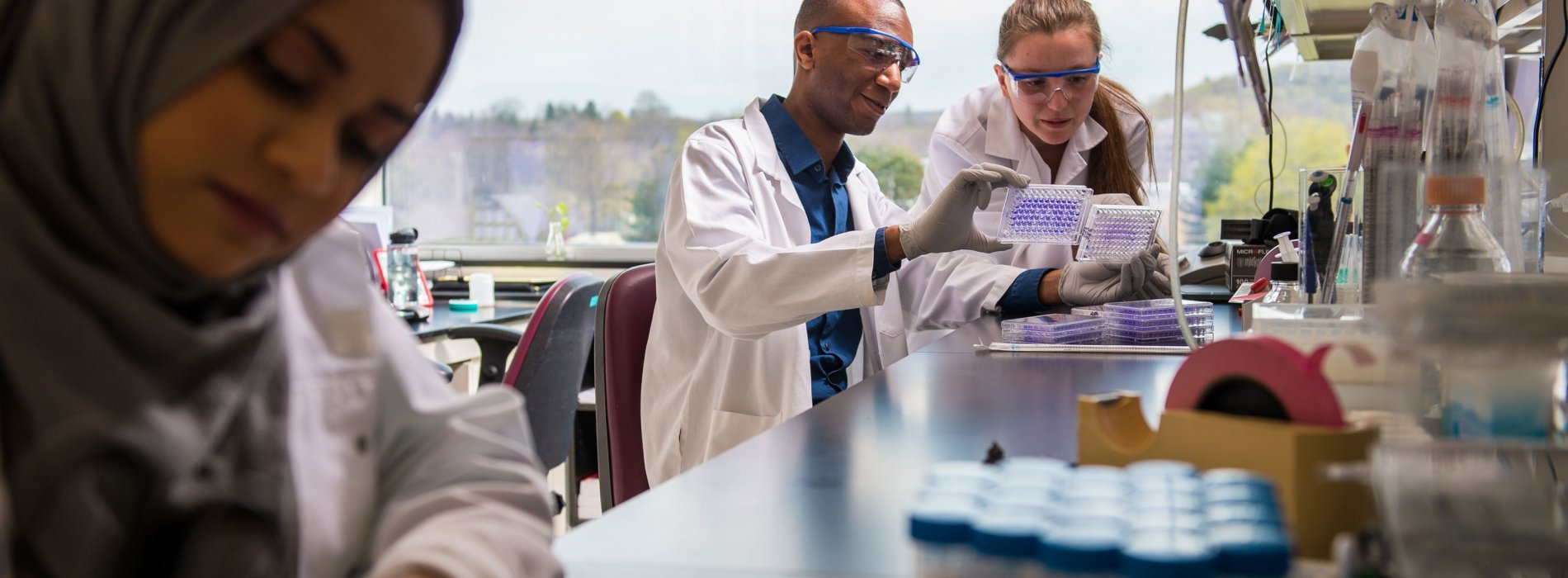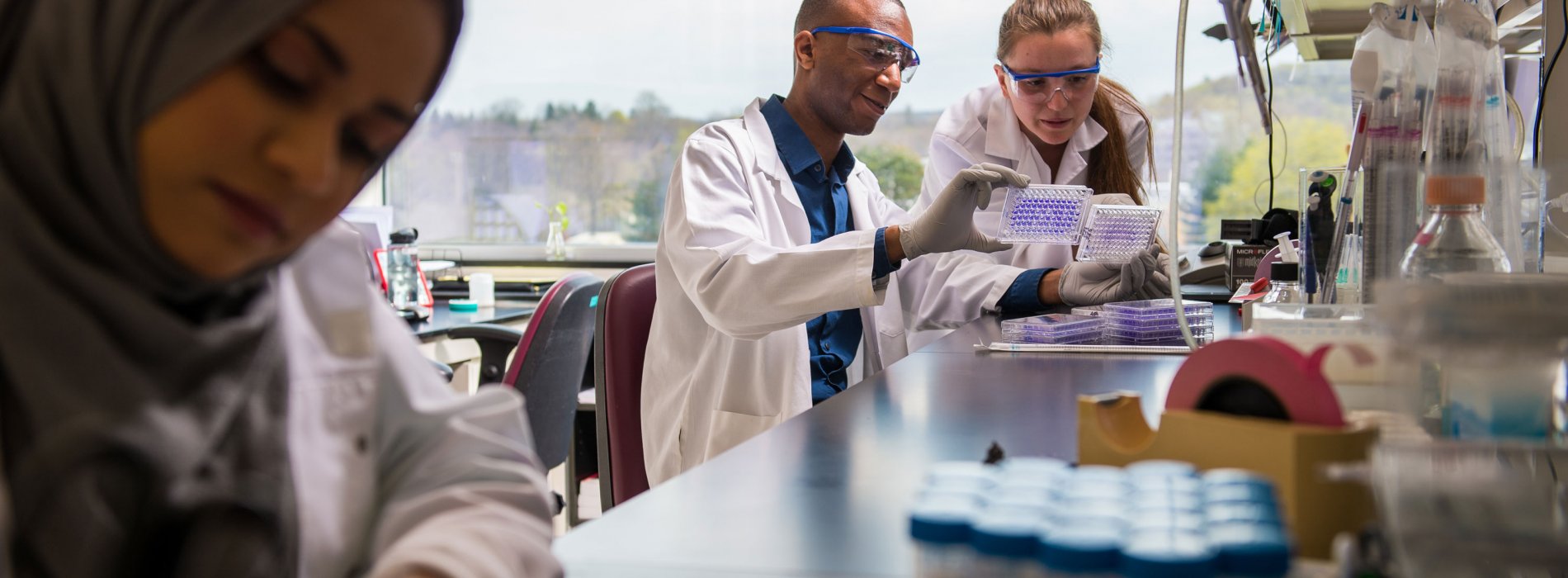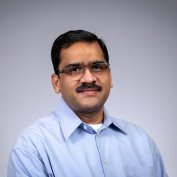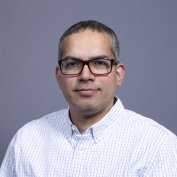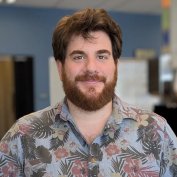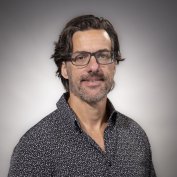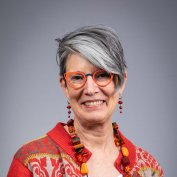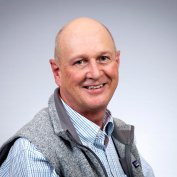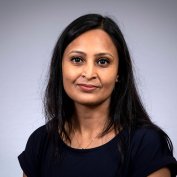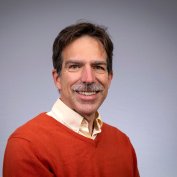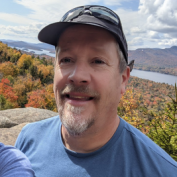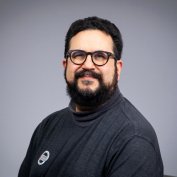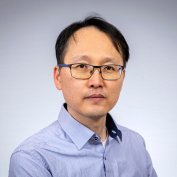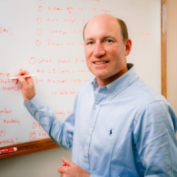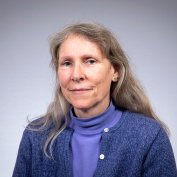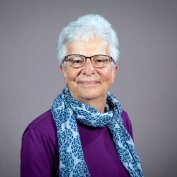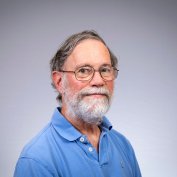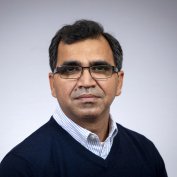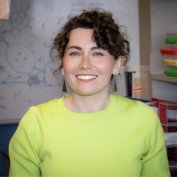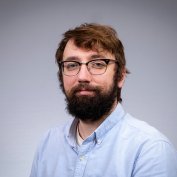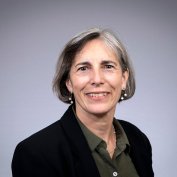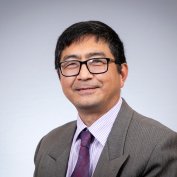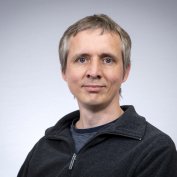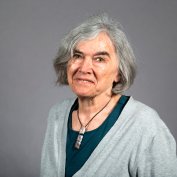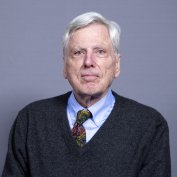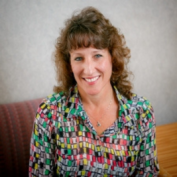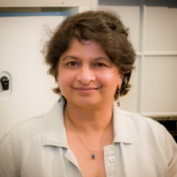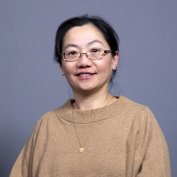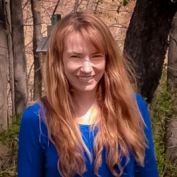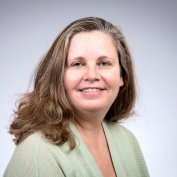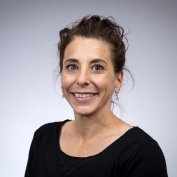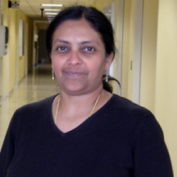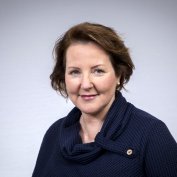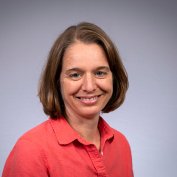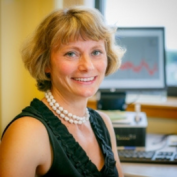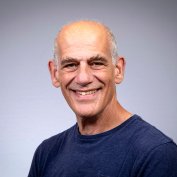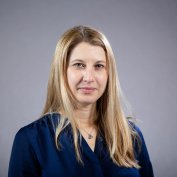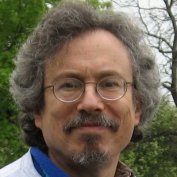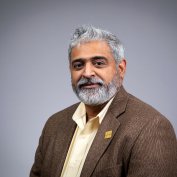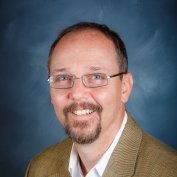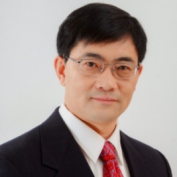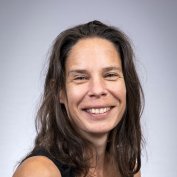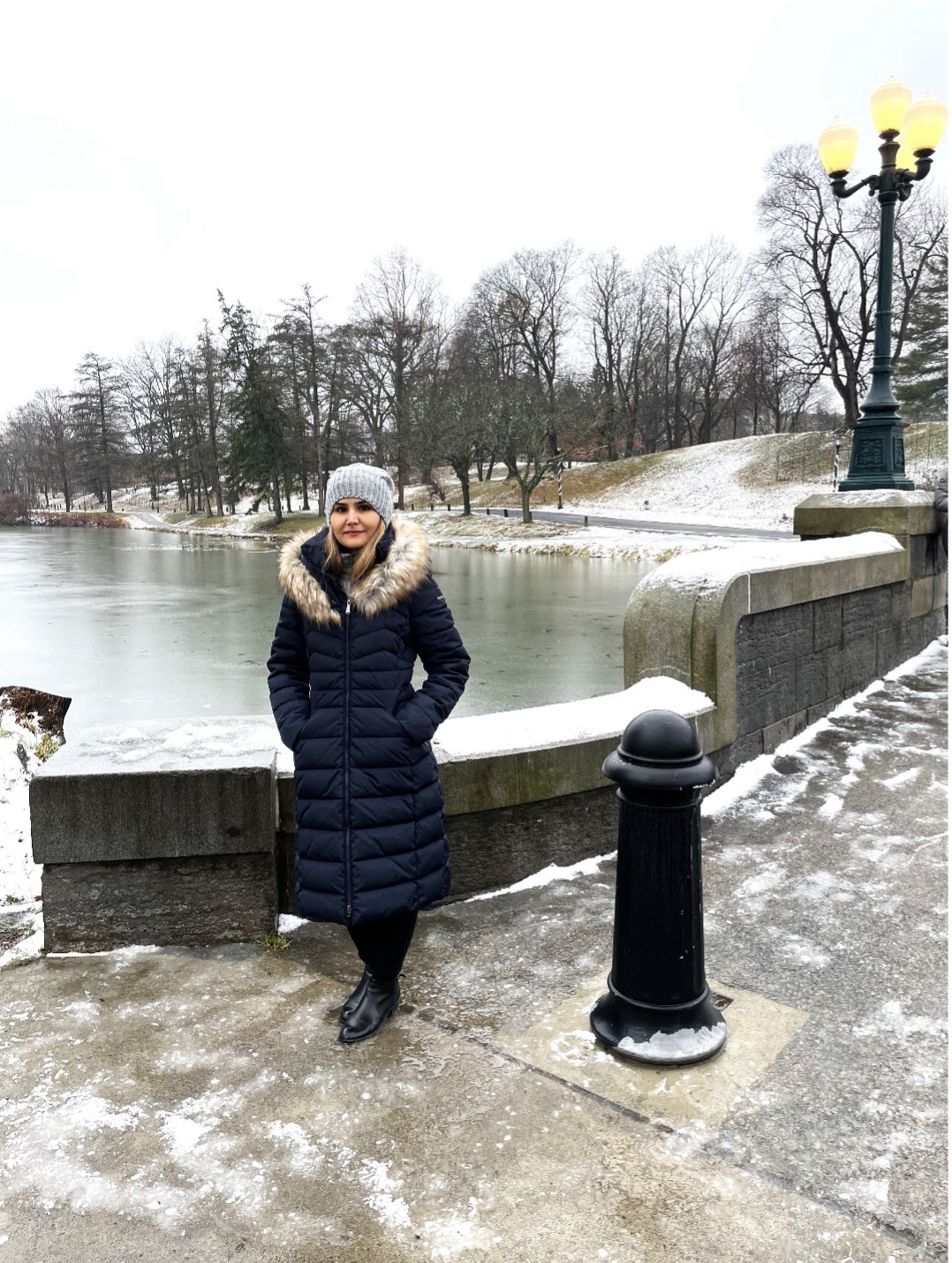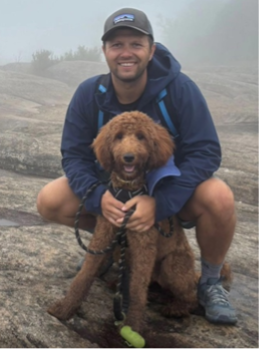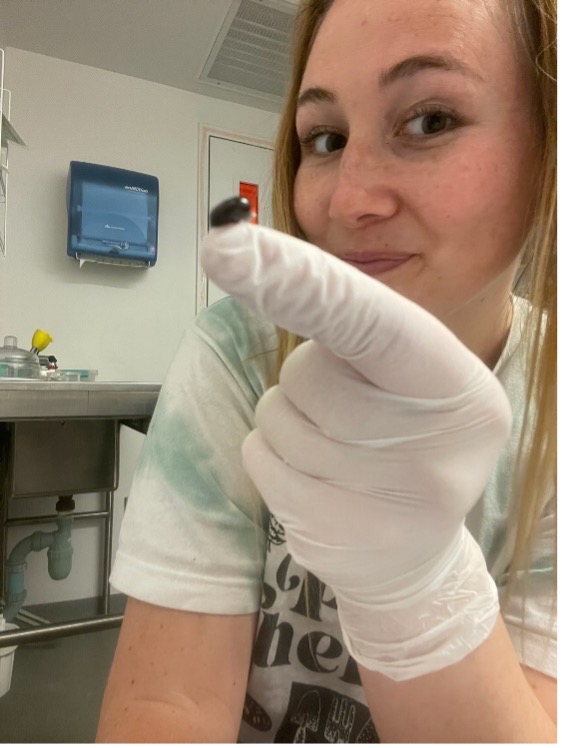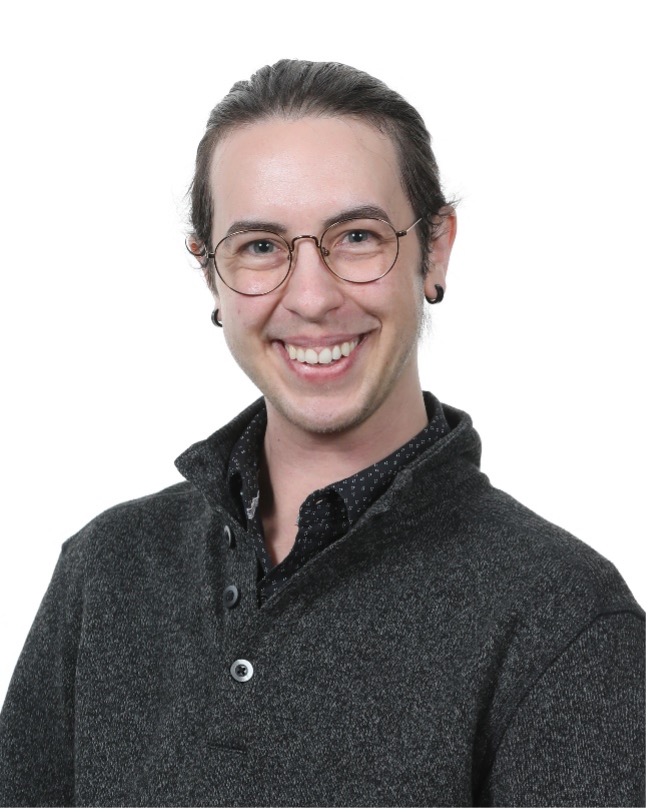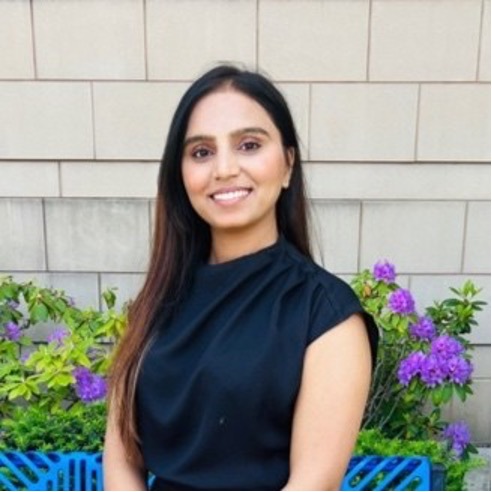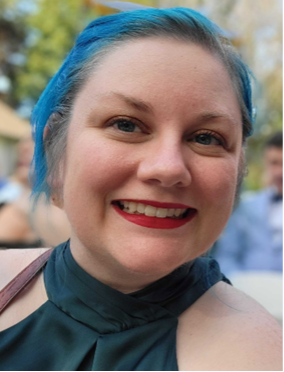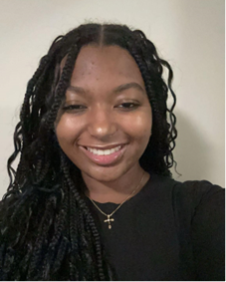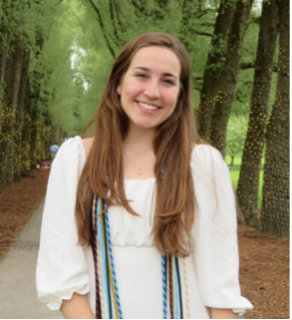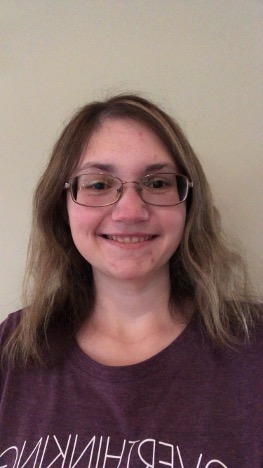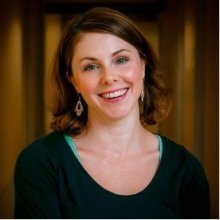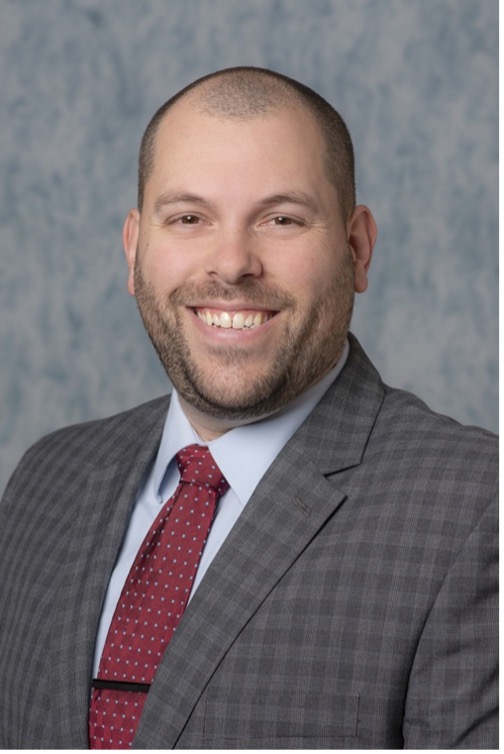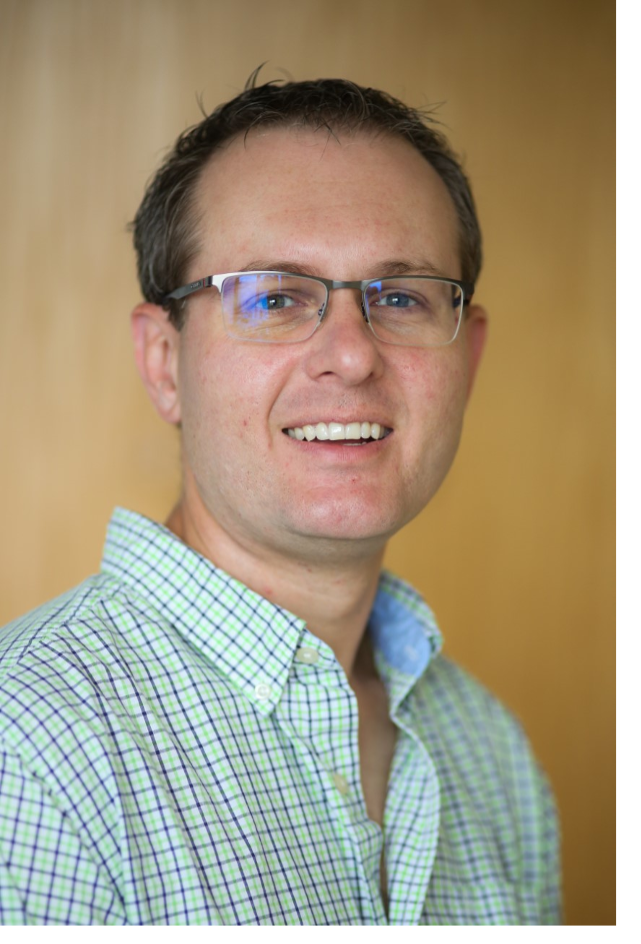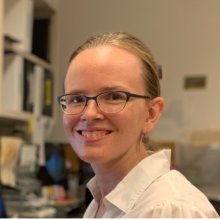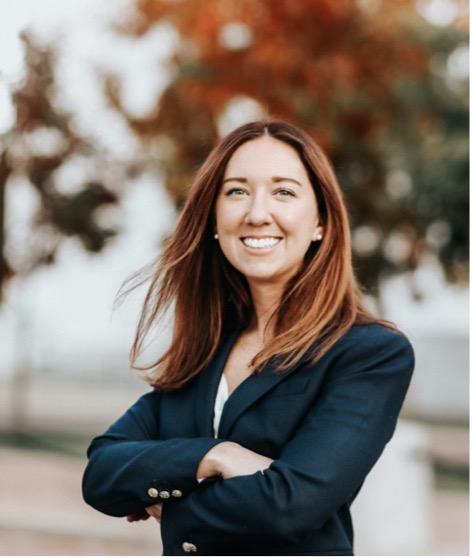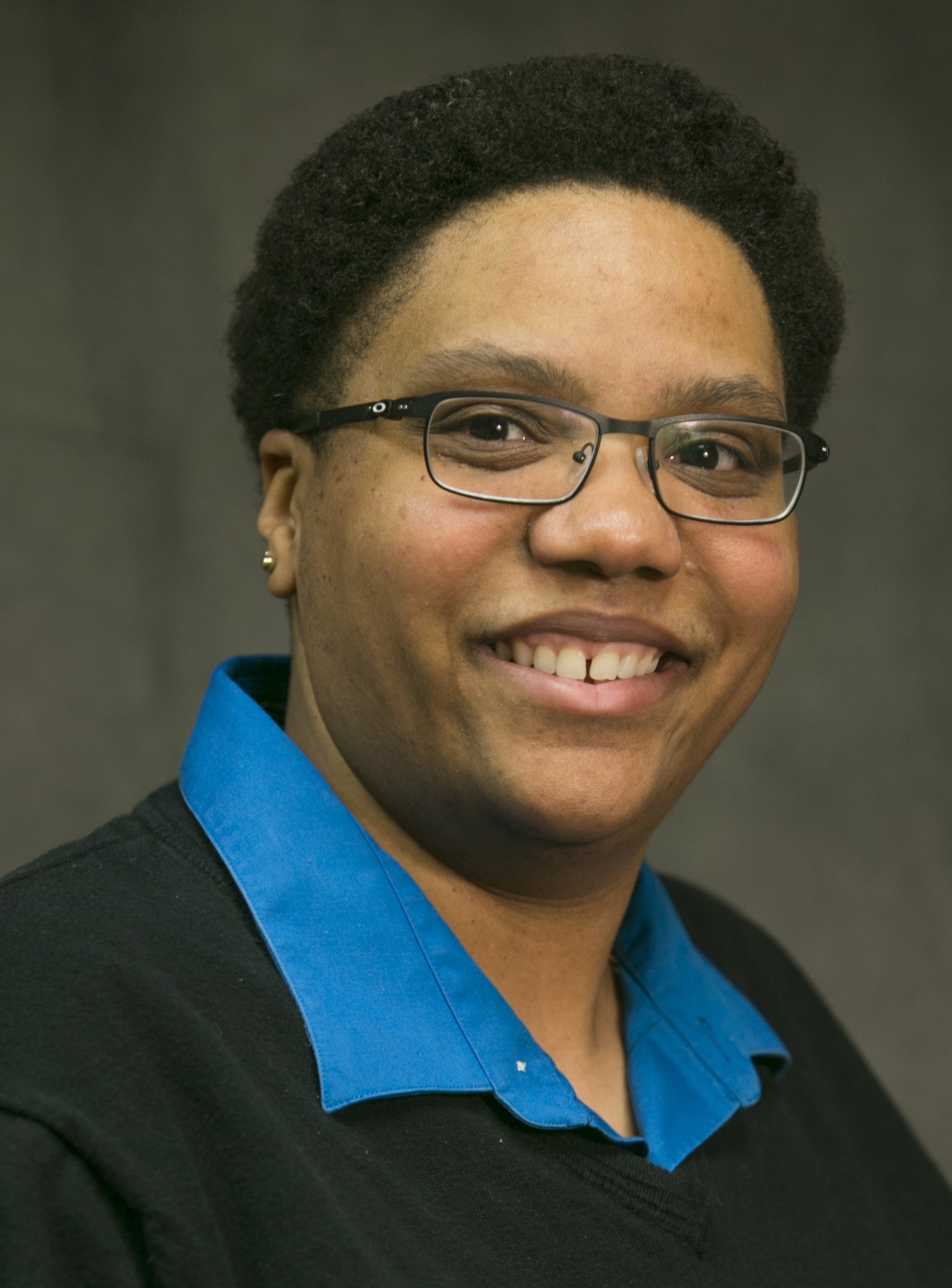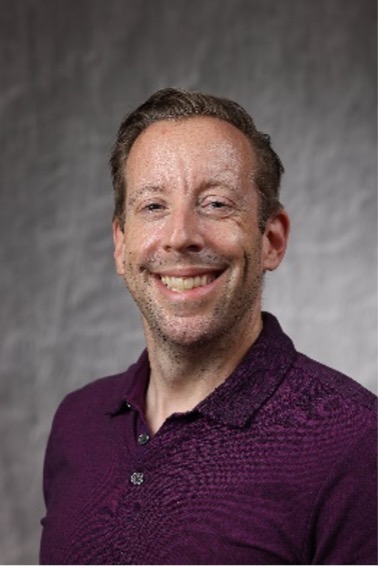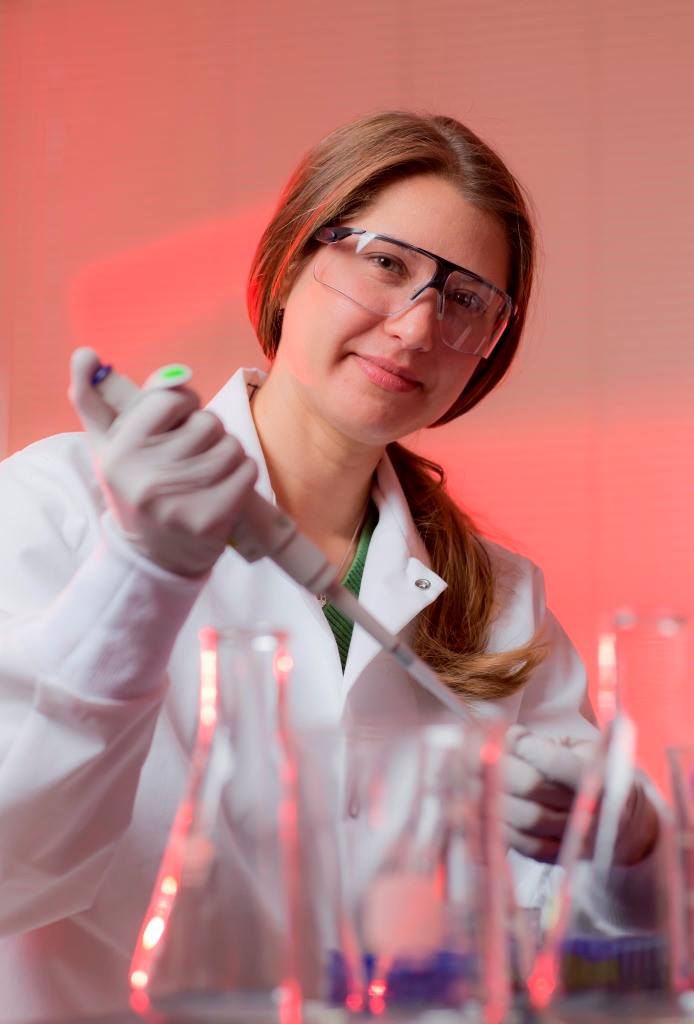Eric J. Yager
Graduation Year: 2004
Current Bio: Dr. Eric Yager is an Associate Professor of Microbiology in the Department of Basic and Clinical Sciences at the Albany College of Pharmacy and Health Sciences (ACPHS). At ACPHS, Dr. Yager instructs several courses in the life sciences (Immunology, Virology, Microbiology Lab, Biomedical Laboratory Techniques, Introduction to Flow Cytometry) and serves as Program Director of the College’s Pre-Pharmacy Program. As a faculty member of the College’s Stack Family Center for Biopharmaceutical Education and Training (CBET), Dr. Yager is involved with student instruction, the development of workshops for workforce training, and helping to identify opportunities for partnerships and collaborations in industry and academia. Dr. Yager has over 20 years of experience in the areas of virology, immunology, antibody-based therapies, antivirals and vaccines. He received his PhD in Biomedical Sciences from the University at Albany and conducted extensive postdoctoral research at The Trudeau Institute and Albany Medical College. His doctoral work revealed mechanisms by which antibodies mediate in protection against the obligate intracellular pathogen Ehrlichia chaffeensis, the causative agent of the tick-borne disease ehrlichiosis in humans. As a postdoctoral fellow, Dr. Yager made novel findings into the impacts of aging on the cellular immune response to influenza and played a key role in an academia-industry cooperative research program focused on the development a DNA-based universal flu vaccine. His research interests include the impacts of aging on immunity; the virology and pathogenesis of enveloped human RNA viruses including COVID-19, influenza, Zika; and vaccine development. Currently, Dr. Yager and his collaborators are investigating how these viruses can co-opt host cell biosynthetic pathways to facilitate their replication with the hope that their findings will lead to the development of improved therapeutics. Dr. Yager has authored more than 25 peer-reviewed publications, has given invited talks at several regional and national scientific conferences, and has been interviewed by several media outlets including CNN and NBC News. Dr. Yager is also enthusiastic about educating individuals on viruses and vaccines, as demonstrated by his continuing guest spot on talk radio to discuss the ongoing COVID-19 pandemic and his public webinars on the 1918 flu pandemic.
Degree and research experience prior to enrollment in the BMS program:
Prior to joining the BMS program, I received my Bachelor of Science degree in Biotechnology from the Rochester Institute of Technology (RIT). During the summer between my junior and senior year at RIT I was fortunate to get the opportunity to work in the laboratory of a BMS faculty member (Dr. William Lee). This valuable experience provided me with an understanding of the research process, opportunities to learn some laboratory techniques, and introduced me to the BMS program. It also increased my interest in biomedical research as a career path. I excitedly applied to the BMS program following the conclusion of the summer program. BMS program, mentor, and thesis topic: I graduated from the PhD program in biomedical sciences. My dissertation mentor was Dr. Gary Winslow. The topic of my PhD research project was identifying the mechanisms by which antibodies mediate in protection against the obligate intracellular pathogen Ehrlichia chaffeensis, the causative agent of the tick-borne disease ehrlichiosis in humans.
Preparation from BMS for current role:
The BMS program provided me with the knowledge and skills I utilize today as a faculty member at the Albany College of Pharmacy and Health Sciences. My course instructors were recognized experts in the fields of molecular biology, cell biology, and immunology. My instructors took great care to ensure that I became well-versed in these fields by learning about seminal discoveries and discussing current discoveries/advances. Under the careful guidance of my mentor, I was able to learn how scientists work on problems, how to use appropriate lab techniques to test hypotheses, and how to collect and analyze data. I also learned how to manage my time, work independently, to persevere through obstacles, and be confident in my abilities. As an instructor, I work to mirror the traits that my instructors and mentor exhibited- show enthusiasm for science and scientific research, patience, being a good listener, value diversity in opinions, being respectful to my students and peers, empower students with honest and constructive feedback, having a positive outlook on life, and always looking for opportunities to learn. My time in the program introduced me to the concept that, by its nature, science is the best way to develop reliable information. Through empirical evidence and collective observations, science provides reliable knowledge and explanations people can use to make decisions and/or gain a better understanding of the world they live in. With this, I’ve also learned that communication is an essential part of being a scientist. My time in the BMS program taught me the importance of conveying complex information and approaches for communicating and engaging with various audiences (peers, students, general public, etc.). My instructors and mentor taught me ways to connect with my audience in a meaningful way by telling an engaging story (what am I researching), finding common meaning (why this research important), and breaking down complex scientific ideas in a manner that is understandable and inclusive. Effective scientific communication and scientists being seen as a trusted sources of information are key in combating the growing distrust in, and denial of science.
